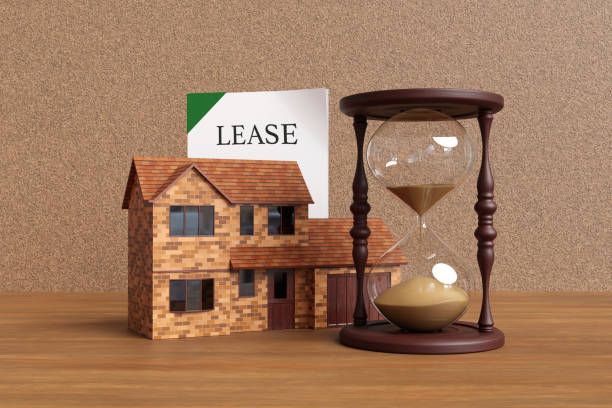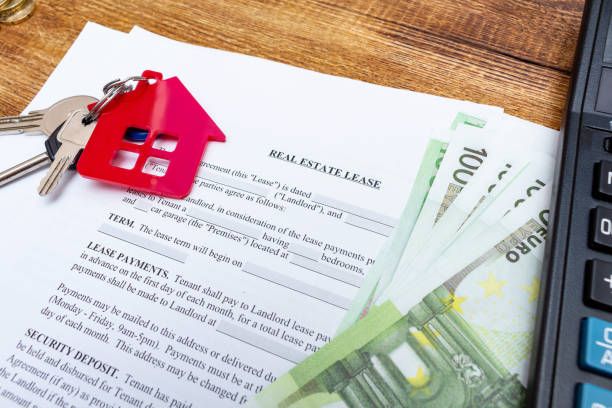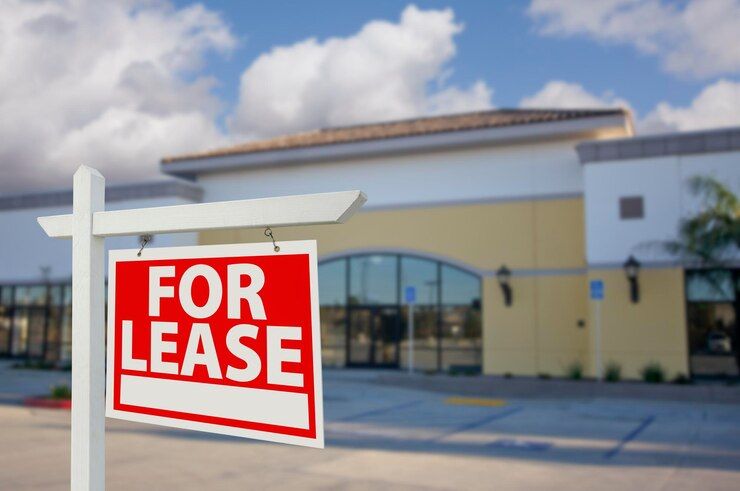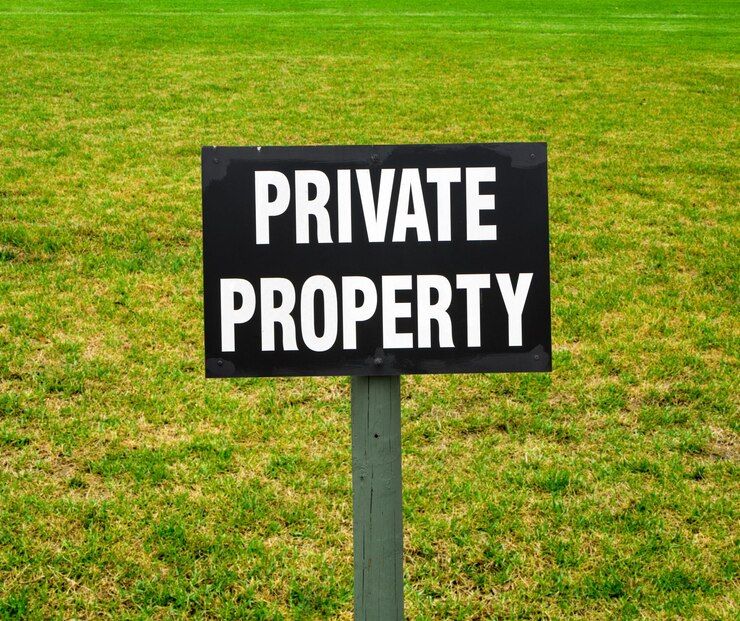Signing a commercial lease is a major legal and financial commitment for any business. From opening a shop, to relocating your office, or expanding operations, understanding the lease terms before signing is essential to avoid future costs and operational disruptions.
Here is what every business owner in Kenya should know before leasing that commercial space.
Understand the Type of Lease You’re Signing

Commercial leases typically fall under two categories. Fixed-term leases and periodic leases.
Fixed-term leases have a set duration, often three to six years and require registration with government authorities. They offer long-term stability but reduce flexibility, especially if your business needs to expand or relocate.
Periodic leases operate on a month to month or year to year basis. These provide more flexibility but come with less security.
Negotiate Rent and Escalation Clauses

Commercial lease agreements have rent escalation clauses. These allow landlords to increase rent periodically either by a fixed percentage or in line with inflation indicators.
Before signing a lease, it is crucial to understand how these rent increases are calculated, how often they will occur, and whether there is room to negotiate. In addition to base rent, request a full cost breakdown in writing. Most commercial leases include service charges, maintenance costs, and utilities that are billed separately.
Pay Attention to Duration and Exit Clauses

The duration of your lease affects your flexibility as a business. While a longer lease can provide security and potentially better terms, it can become restrictive if your business downsizes or needs to relocate.
It is essential to review whether the lease includes break clauses, which allow for early termination under specific conditions. Also, understand the penalties for early exit, the required notice period, and whether you have the right to renew the lease at the end of the term. Having this information upfront allows you to make long-term plans without feeling trapped.
Clarify Tenant Responsibilities

You will need to confirm who is responsible for repairs and maintenance, including structural issues, plumbing, and electrical systems. Find out whether you’re allowed to make modifications to suit your business and whether landlord approval is required.
Utilities such as electricity, water, and internet may not be included in your rent and could be billed separately. Clarifying these responsibilities early helps prevent disputes and allows for smoother daily operations.
Conduct Legal Due Diligence

Verify the landlord's ownership of the property by reviewing the title deed. Ensure the property is zoned for your intended business use, whether it’s retail, industrial, or office based. It’s also wise to check for any ongoing legal disputes or claims against the property that could affect your tenancy.
Engaging a lawyer with experience in commercial property leases is highly recommended. While this adds an initial cost, professional legal advice can protect your business from long-term risk.



